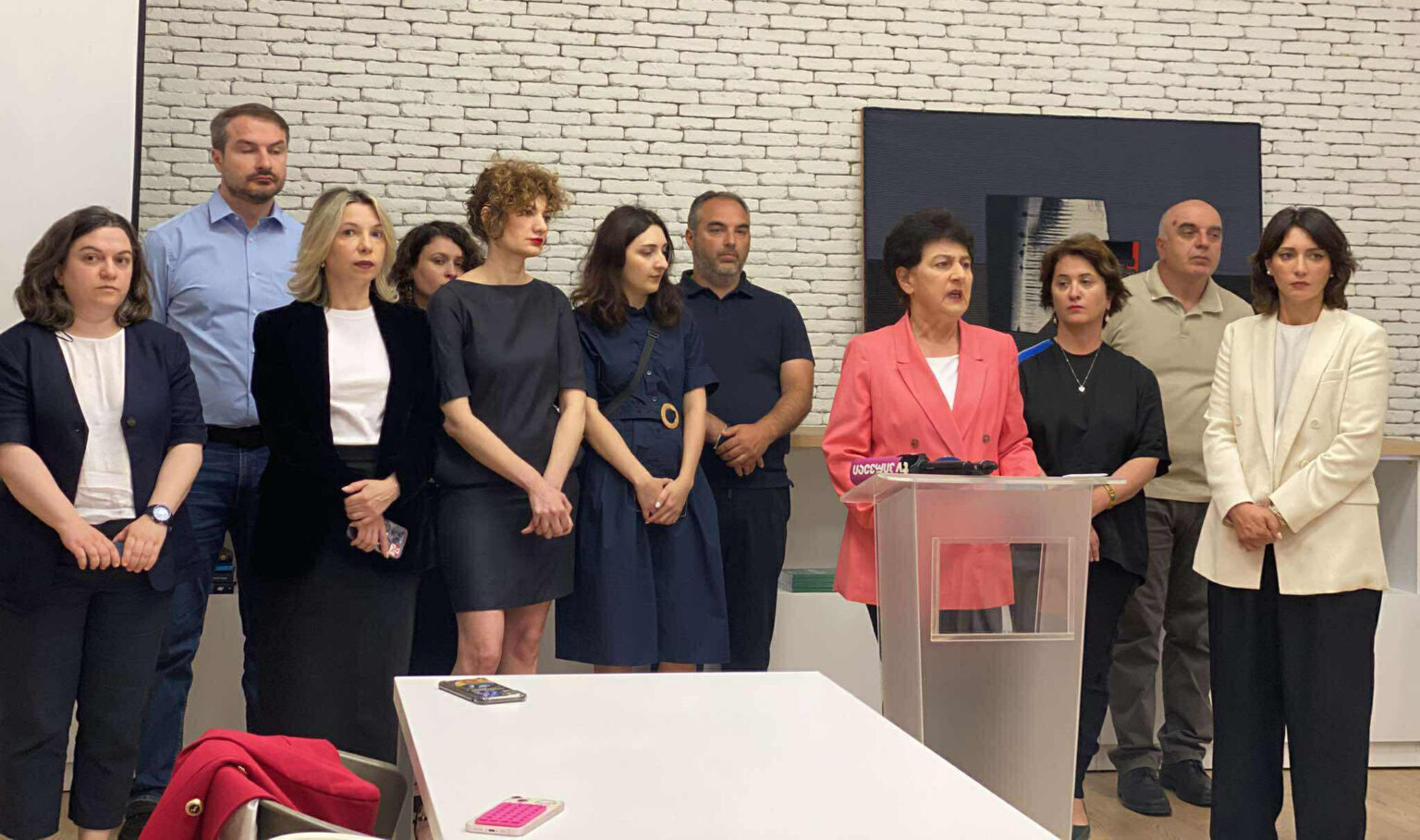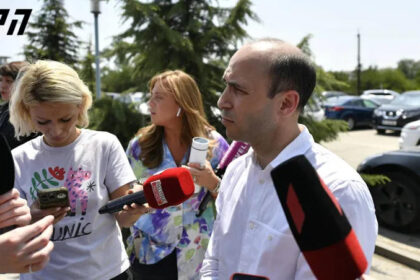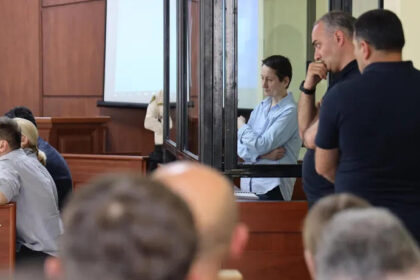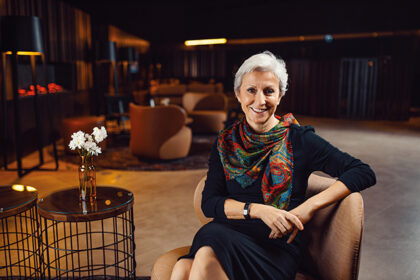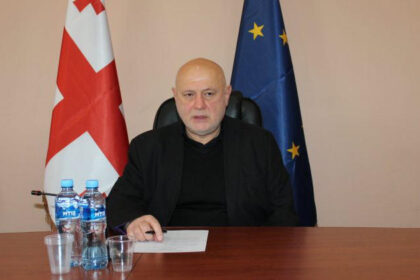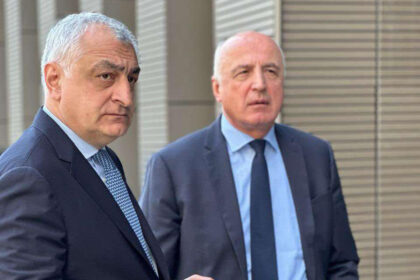**NGOs in Georgia Refuse to Comply with Unconstitutional Russian Laws**
On June 17, a dramatic showdown took place between the government and non-governmental organizations (NGOs) in Georgia. The Ivanishvili-Kuprashvili Bureau began enforcing anti-constitutional Russian laws through the Murusidze court, leaving many wondering what this means for the country’s civil society.
According to representatives of NGOs, the Anti-Corruption Bureau is demanding that they hand over personal information of citizens who are under their protection. This includes victims of torture, women who have experienced violence, students, teachers, pensioners, and whistleblowers. The NGOs are refusing to comply with these demands, stating that there is no legal basis for this request.
“We will not betray the trust of citizens who have come to us for help,” said representatives from several NGOs at a briefing held at the Civil Society Foundation office. “We will resort to legal means against these orders.” This bold statement reflects the determination of NGOs to protect their clients’ rights and maintain their independence.
**A Threat to Free Civil Society**
The NGOs see this as an attempt by the Ivanishvili regime to destroy free civil society in Georgia, similar to what happened under the Bolsheviks in the 1920s and under Putin and Lukashenko regimes in recent years. They argue that if they comply with these demands, it would undermine their ability to protect human rights defenders and opposition voices.
“We will not live according to Russian laws,” said a spokesperson for the NGOs. “We will continue to fight to protect the rights of the Georgian people.” This stance has sparked debate among many Georgians who are concerned about the implications of enforcing Russian laws in their country.
**What’s at Stake**
The demand by the Anti-Corruption Bureau raises serious concerns about data protection, human rights, and the rule of law. If NGOs are forced to hand over personal information of citizens without a valid reason, it could lead to further erosion of trust between civil society and the government.
As Georgia continues its journey towards European integration, this development poses questions about the country’s commitment to democratic values and principles. The NGOs’ refusal to comply with these demands sends a strong message that they will not compromise on their mission to protect human rights and promote free speech.
Read More @ www.interpressnews.ge




